|
I recently got a call from an adoptive mom. She was feeling down. Discouraged.
And the really hard part…feeling like a bad mom. She and her family had just gotten back from a family gathering. In the past, her little guy would bounce off the walls at family gatherings. He ran around with his cousins, laughing loudly, and looked to be having a great time. But eventually, it would come to a halt…either with one of the cousins coming to say he wasn’t playing nice or him coming to mom having a meltdown. This time it was going to be different. Mom was keeping him close. He had bag of fun things to keep him entertained. And he did better. WAY better. No meltdown. No bouncing off the walls. He was so much calmer. But then came the questioning. The doubting. Mom’s parents and sister-in-law questioned her. Over and over. "Why couldn’t he go play with the other kids?" "Why did he have to stay so close to Mom? " "You seem controlling." Mom fought back the tears…until she got home. She felt judged. She felt like she had to defend how she was parenting. When we’re parenting differently than other people, others sometimes question. Doubt. And they can seem critical. That’s not easy. Especially when it comes from our family or friends. Here’s the hard part… sometimes WE are biggest critics. We question. We doubt. Am I the wrong parent for the job? Am I making things worse? Have you ever felt like that? If so…I’ll tell you what I told this Mom. You ARE doing a great job! You are meeting your child right where he’s at…and that is a GIFT for your child. You are doing a GREAT job! You are helping your child succeed…and that is a GIFT for your child. YOU are doing a great job! You are the right parent for your child. You are giving your child the BEST GIFT of all…a No Matter What parent!! Give yourself grace. Give yourself a 5 second pat on the back. You deserve it!! P.S. - If you're an Adoptive or Foster Parent, come be surrounded by support on the journey getting YOUR family to happy & healthy! Click here to join us in CONNECT.
10 Comments
The impacts of trauma on adopted children and foster children are often not the outwardly, visible ones you might expect. They often are invisible. Misunderstood. Misdiagnosed. And sometimes missed all together. One of the most misunderstood remnants of trauma that adoptive and foster families talk about is rooted in real issues with memory. Okay...so here's an instance in which you will ALL be better off (parent & child) when you can meet your child right where he is at. It all begins at the Hippocampus, the area of the brain where short-term memories are consolidated into long-term memories. Research after research shows that damage to the Hippocampus can affect a person's ability to learn new information and to maintain it. When this trauma happens during childhood, it results in severe effects. call this the Swiss Cheese Effect. (I'm a very visual person)
So visualize this with me...a big chunk of Swiss cheese. Not the cheap little blocks from the dairy section at your local grocery store, but the cheeses found in the specialty section - the REAL Swiss cheese. It has parts that are whole and solid, but it also has areas where there are big holes. I mean you can stick your finger right through a good piece of Swiss. This visualization is a good representation of an Adopted or Foster Child's Hippocampus after having lived in trauma (remember they have all lost their primary attachment figure so that qualifies as trauma). Here's what happens... during a stressful time, the Limbic System calls for a fight or flight response to help us handle things. One of the tools it uses is the release of Cortisol. Normally after the stressor is gone, the Cortisol would return to normal levels. However, in especially traumatic situations, excess Cortisol is released into the body. This release or flooding has negative effects on the brain, damaging the neurons in the Hippocampus...creating that Swiss Cheese Effect. Now, I want to specify that my visual for you is not literal, but figurative. The Hippocampus does not have holes in it per se; its neurons were damaged, meaning its function is like Swiss cheese. Sometimes the neurons connect and lots of times they don't...as if they are not there. So let's apply your new found knowledge to your child.
This is about memory; you need to do it differently! As parents, you can add to the negative and scary spin of the deficit by misunderstanding the deficit as defiance or you can stop the spin, create healing, and help your family flourish by meeting him right where he is at. It is real...many of our children do not have the ability to: remember the directions, where they put things, how then applies to now, make good choices, and so much more. So, be the SAFETY NET...the place where your child is most understood, which converts to most valued, which ultimately converts to healing. Your family CAN flourish, CAN get to Happy & Healthy. It takes a shift in mindset. A new understanding. It takes INTENTION. P.S. In CONNECT, our Group for Adoptive & Foster Parents, we dig deep into the impacts of trauma on adopted and foster children. We look at how they look on your child and what to do about them. Join us today! Triangulation in families can be a big road block for adoptive and foster parents. It is real. It does happen. And the good news...it can be fixed. You and your spouse decided to become parents TOGETHER. You decided to adopt or foster TOGETHER. You started this journey as a team...as a united front. Then the daily struggles began and being an adoptive or foster parent wasn’t feeling like you though it would. The tools you had weren't working. The questioning of your ability to be parents played over and over in your mind. Feeling alone and hopeless a lot of the time becomes overwhelming and too common. The next thing you know you are blaming and criticizing each other. One partner often says they don’t even know the other anymore, while others report that their spouse just doesn’t get it. Parenting a hurt child often adds a lot of stress to a marriage and many times can be the demise! You have got to stick together! 5 Ways to Stop Triangulation in Families1. Greet Each Other First
When one parent comes home, make sure you greet each other first. A quick hello or hug BEFORE you greet your child. This shows your child that you and your spouse are a team! 2. Keep Perspective When dealing with triangulation in families, remember that your spouse hasn't changed. While your spouse may not seem like the person he or she used to be (angry, frustrated, sad), they still are the same person. They are fighting an important, but incredibly difficult, battle. Know that many times hurt kids have a different relationship with every adult in their life. Studies are showing more and more that the adoptive or foster Primary Attachment Figure gets more of the behavioral and emotional brunt of the challenge. 3. Intentionally Parent. Have a check in system. One parent checks in with the other before returning home to get the feel for what is going on at the moment. Start preparing to connect with the other adult so as not to allow triangulation in families to happen. 4. Move your own “stuff” so that you are not adding to the spin! Have expectations your child can actually meet so that they can succeed. You have to do it differently. 5. Always remember to look at your “whole” child! Don’t get caught in only “seeing” the behavior right in front of you. It's important to consider your child's emotional age as well as the impacts of trauma. Remember… TOGETHER you can create a safe and consistent environment for your child. TOGETHER you can commit to No MATTER WHAT and for as long as it takes! TOGETHER you can help your child heal! INTENTIONALLY CHOOSE, TOGETHER! P.S. - If you'd like more strategies to stop triangulation in families and are ready to create a STRONG united front in your family, join us in CONNECT. What do you do when your foster or adopted child is having a tantrum, meltdown, or flipping his lid? No matter what you call it, it can be hard to keep your cool. Yes, it's your goal as a parent, but in the moment, your emotions can get in the way. It's why we are so excited that this month's guest speaker in CONNECT is teaching about Getting Control of Your Breath and Yourself When Your Child is Flipping His Lid, followed by a Q & A session. Bryan Post, an adopted and former foster child, is one of America’s Foremost Child Behavior and Adoption Experts and founder of the Post Institute.
A renowned clinician, lecturer, and best-selling author of From Fear to Love, The Great Behavior Breakdown and ten other books, and more than 100 video and audio programs, Bryan has traveled throughout the world providing expert treatment and consultation to a variety of groups. An internationally recognized specialist in the treatment of emotional and behavioral disturbance, Bryan specializes in a love-based treatment approach that focuses on developing a deeper understanding of trauma, stress and fear and how they rule our lives. He counters this by offering an enlightening perspective on the all-encompassing power of love to bring us peace and healing. The love-based, family-centered principles and concepts offered by Bryan have been taught to more than 200,000 parents and professionals around the world. He is host of Post’s Daily Dose an original facebook live show on five days a week at 6:30pm on facebook.com/postinstitute. Grab your spot in CONNECT so you can join us to learn new tools and strategies, and get YOUR questions answered. |
Categories
All
Archives
February 2020
|


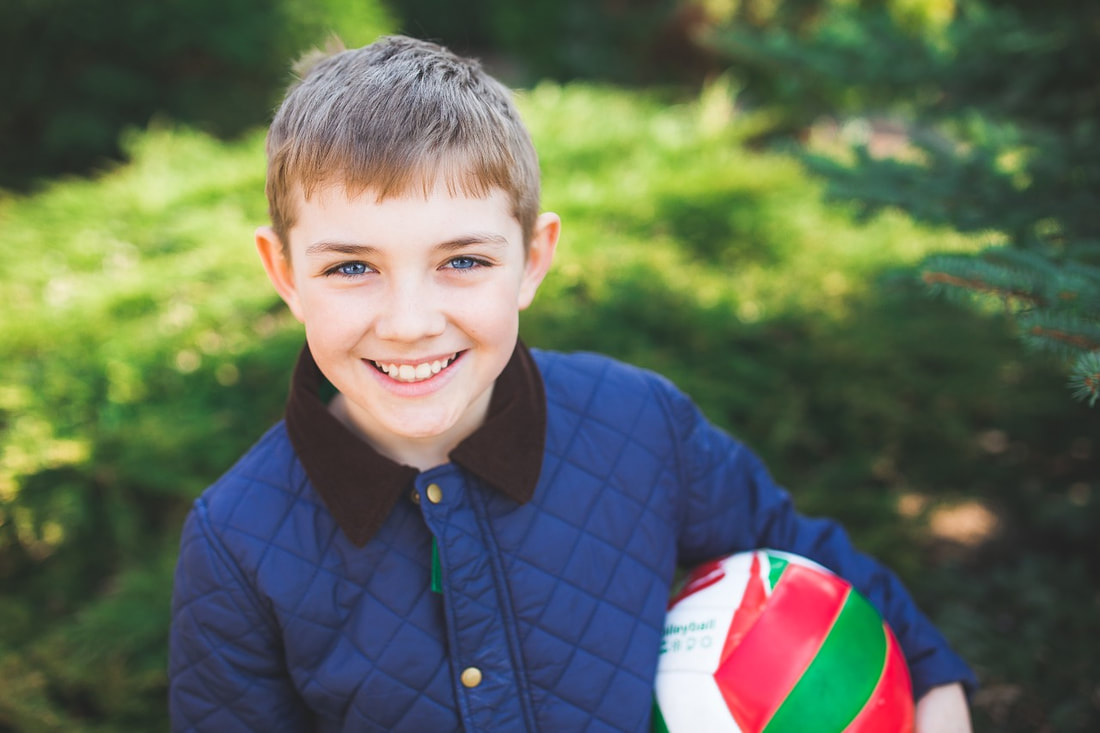


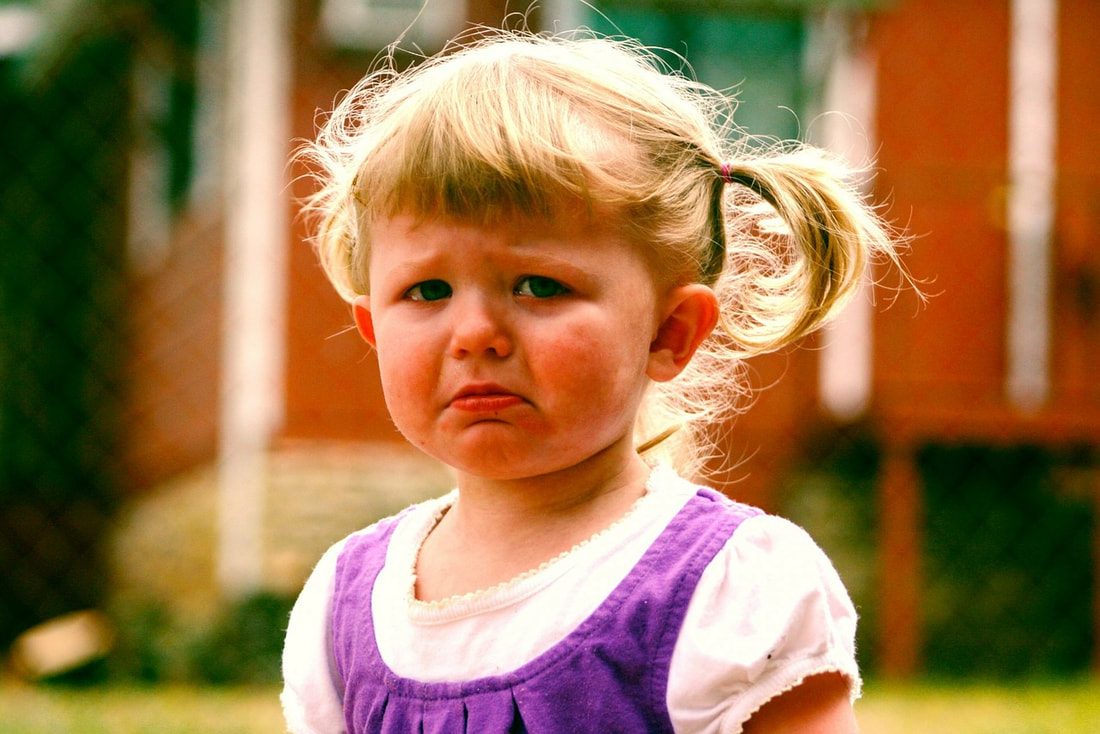
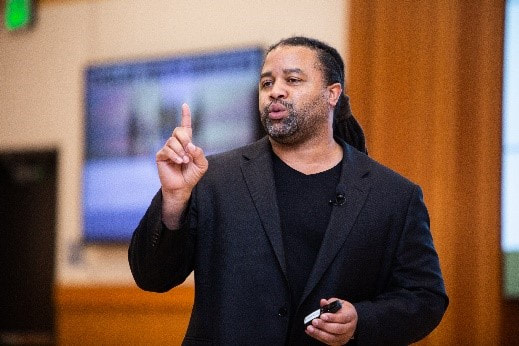
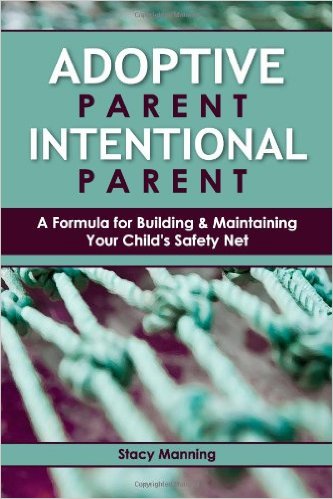
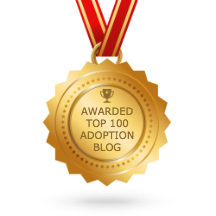
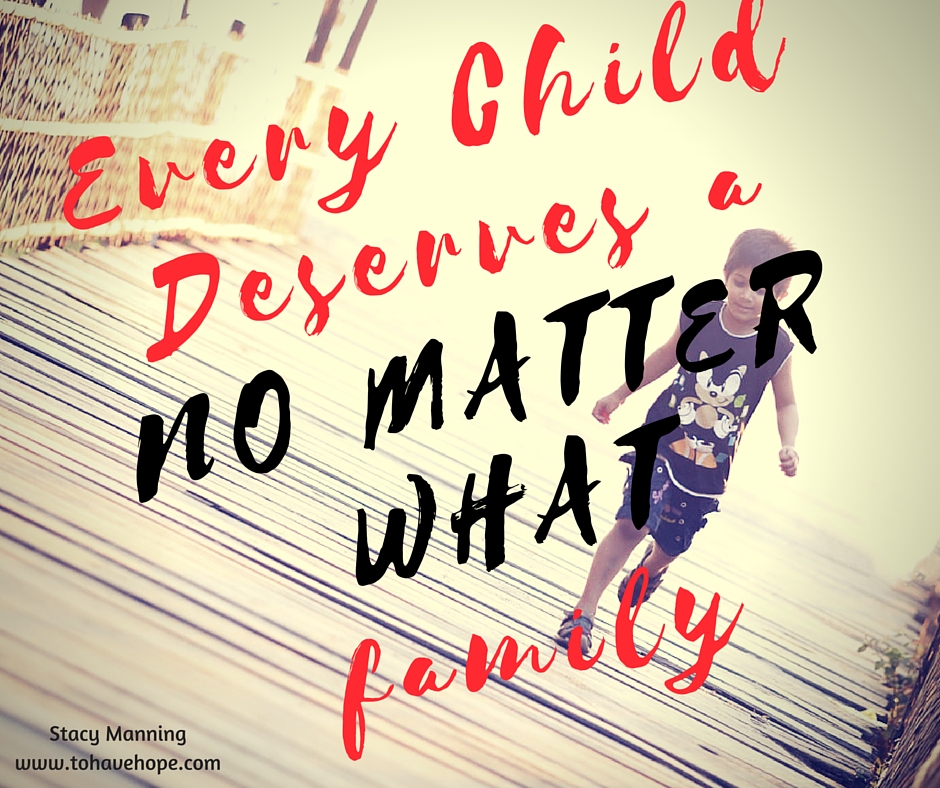
 RSS Feed
RSS Feed